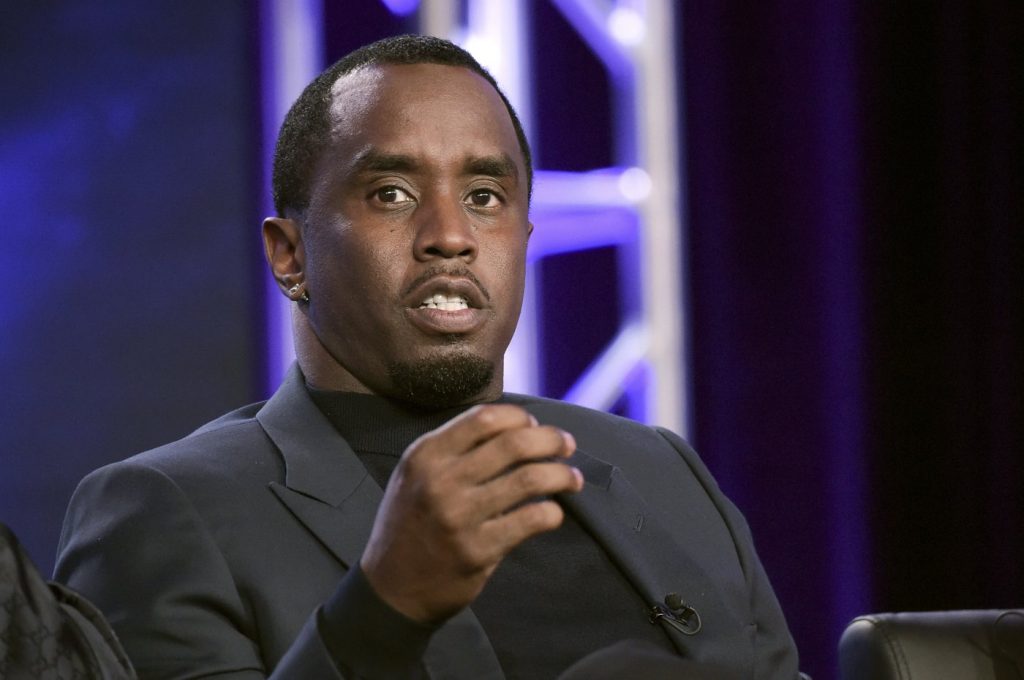NEW YORK (AP) – Jurors are set to begin deliberations on Monday in the sex trafficking case against Sean “Diddy” Combs, with serious charges that could result in a life sentence for the hip-hop mogul. The jury, composed of eight men and four women, will assess this high-profile case following seven weeks of often graphic and emotional testimonies that highlighted Combs' alleged propensity for violence and his sexual behaviors, which included drug-fueled parties described as “freak-offs” or “hotel nights.”
Combs, 55, has pleaded not guilty to multiple federal charges, including racketeering conspiracy and two counts of sex trafficking related to two of his former girlfriends. Additionally, he faces two counts of transportation to engage in prostitution, which purportedly involves arranging the transport of sex workers across state lines. The court proceedings have seen the prosecution and defense present their closing arguments, aiming to sway the jury's opinion regarding the Grammy Award-winning founder of Bad Boy Records.
During the prosecution's closing remarks, Assistant U.S. Attorney Christy Slavik asserted, “The defendant used power, violence, and fear to get what he wanted.” She stated that Combs believed that his wealth, fame, and status exempted him from legal accountability. In contrast, Combs' defense attorney, Marc Agnifilo, argued that the case was driven not by criminality but rather by financial motives, pointing out that one of the individuals accusing Combs also filed a civil lawsuit against him.
The trial featured a total of 34 witnesses, prominently including Combs’ former girlfriends Cassie, an R&B artist known as Casandra Ventura, and a woman identified as “Jane,” who testified under a pseudonym. Both women revealed instances of violence inflicted by Combs and alleged coercion into numerous sexual encounters with paid male sex workers.
Significantly, the jury viewed damaging security camera footage showing Combs physically assaulting Cassie in a Los Angeles hotel in 2016, alongside clips of sexually explicit encounters. Despite the gravity of the allegations, Combs opted not to testify in his defense, and his legal team did not present any witnesses. Instead, the attorneys concentrated on undermining the credibility of the accusers during extensive cross-examinations.
The defense has conceded that Combs may have engaged in violent behavior; however, they stand firm that all sexual activities were consensual. They argue that the prosecution is overstepping by intruding into Combs' private life, asserting that he has not committed any offenses that would warrant the charges against him.
As the jury prepares to deliberate, the case represents a critical moment not only for Combs but also for broader discussions on accountability and the treatment of allegations in the public eye. With the jurors’ impending decision, the outcome of this trial could have significant implications for the reputation and future of one of the entertainment industry's most influential figures.










